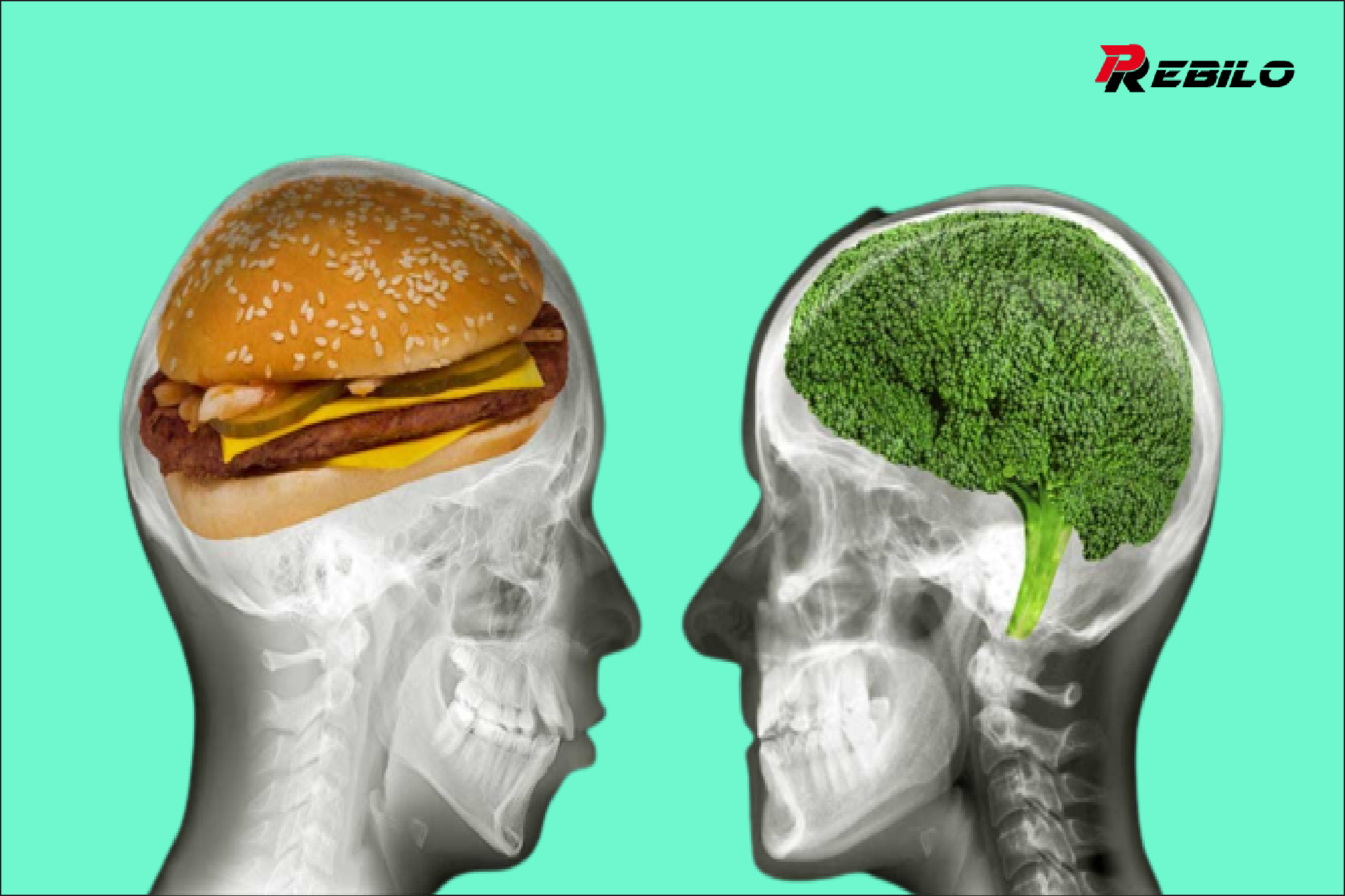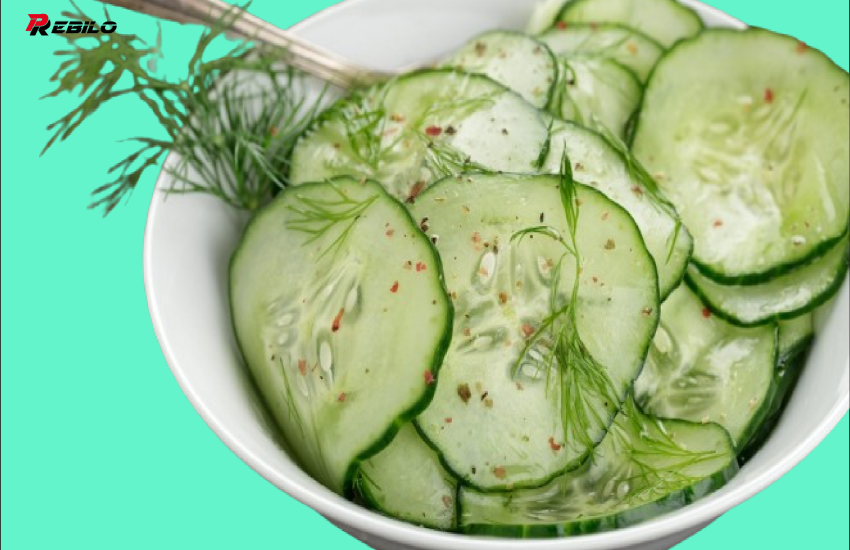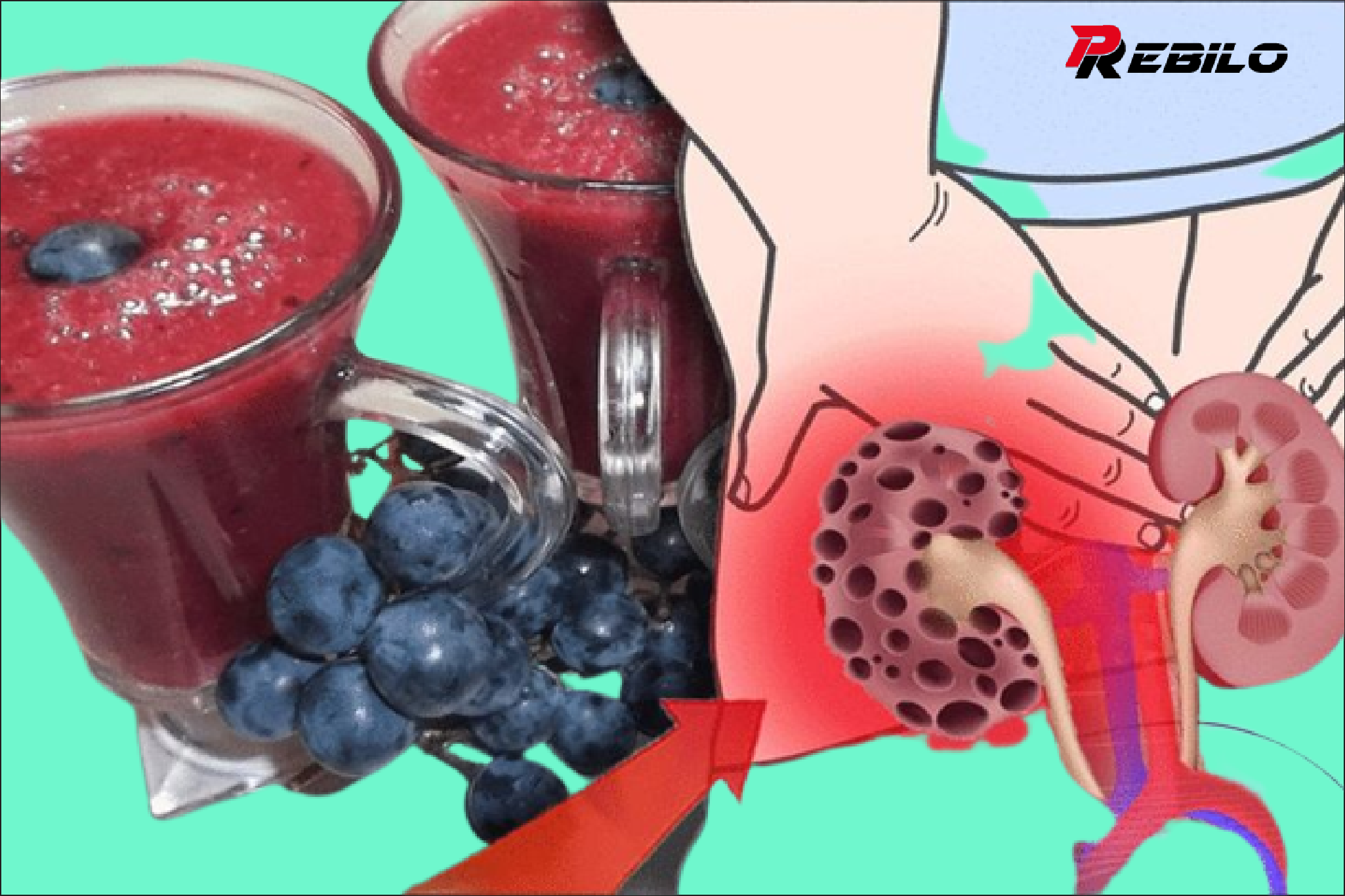The best foods for anxiety and depression caused by ADHD
While diet alone cannot cure ADHD, anxiety, or depression, it can play a role in managing symptoms and promoting overall health. Eating a well-balanced diet rich in certain nutrients can help support brain function, mood stability, and the general mental health of individuals with ADHD who also deal with anxiety and depression. Here are some nutrient-dense foods that may be beneficial:
Omega-3 fatty acids: Found in fatty fish such as salmon, mackerel, and sardines, as well as flaxseeds and walnuts, omega-3 fatty acids have been linked to improved mood and cognitive function. It may also have anti-inflammatory effects that can benefit symptoms of ADHD and mood disorders.
Whole grains: The complex carbohydrates found in whole grains such as quinoa, brown rice, and whole wheat can provide a steady supply of energy to the brain and stabilize blood sugar levels, which may help manage mood swings.
Lean proteins: Lean proteins such as chicken, turkey, lean beef, tofu, and legumes provide the amino acids needed to produce neurotransmitters. Neurotransmitters like serotonin play a crucial role in regulating mood.
Colorful fruits and vegetables: These foods are rich in antioxidants, vitamins and minerals that support brain health and general well-being. Aim for a variety of colors to ensure a wide range of nutrients.
Leafy greens: Spinach, kale, and other leafy greens contain folic acid, which is important for the synthesis of neurotransmitters and is linked to better mood regulation.
Nuts and seeds: Almonds, walnuts, and sunflower seeds are good sources of healthy fats, fiber, and minerals. They can provide sustained energy and contribute to a stable mood.
Probiotic-rich foods: Fermented foods like yogurt, kefir, sauerkraut, and kimchi contain probiotics that support gut health. The gut-brain connection suggests that a healthy gut microbiome can influence mood and behavior.
Beans and Legumes: Rich in protein, fiber and nutrients, beans and legumes provide a slow release of energy and can help stabilize blood sugar levels.
Dark chocolate: Dark chocolate with a high cocoa content contains compounds that may have mood-enhancing effects. However, moderation is key due to its calorie and sugar content.
Water: Staying hydrated is important for overall brain function and mood regulation. Dehydration can worsen mood swings and other symptoms.
While incorporating these nutrient-dense foods into your diet may provide potential benefits, it’s important to remember that individual responses can vary. Furthermore, ADHD, anxiety and depression are complex conditions that often require a holistic approach, including professional guidance from mental health practitioners, such as therapists, psychiatrists or psychologists.
Before making major changes to your diet or seeking nutritional solutions, consult with a healthcare professional familiar with both ADHD and mental health. They can help develop a personalized plan that takes into account your specific needs and circumstances.


